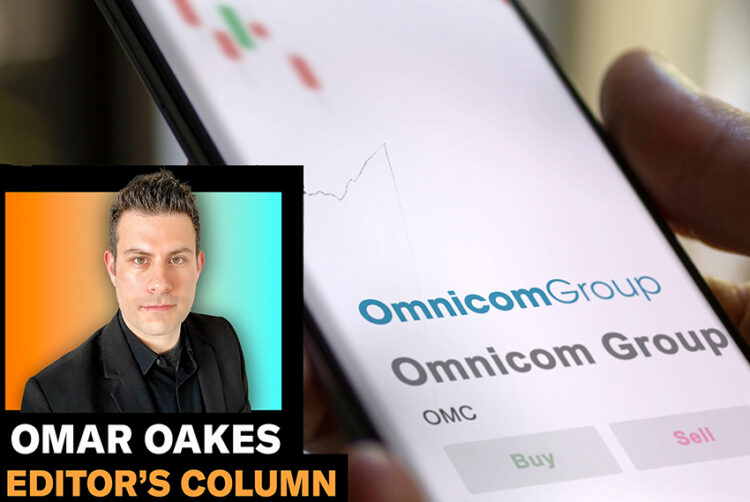100% Media 0% Nonsense
When Omnicom and IPG merge, nothing really changes apart from some agency brands get shut down and a lot of people lose their jobs. The big holding groups remain one homogenous blob.
As I approach the end of my tenure as editor-in-chief of The Media Leader, I want to offer a recapitulation of how important it is for online journalism to resist the urge to chase “trending” stories.
This industry will implode the longer we have a shrinking pool of journalists falling over themselves to copy and paste each other’s work. Readers want us to tell new stories and that means doing the hard work of making contacts, doing research and getting better at asking good questions.
Omnicom buying Interpublic — a story first leaked to The Wall Street Journal on Sunday — is a case in point.
A story like this produces a million hot takes with precious little insight. We began this year with the frenzied news that Warner Bros Discovery and Paramount were set to merge — until they didn’t.
When Omnicom and IPG merge next year, nothing really changes apart from some agency brands get shut down and a lot of people lose their jobs.
Omnicom and Interpublic merger set to reshape global ad industry
Bonanza… but for whom?
Yes, this merger would create, by a distance, the world’s biggest agency services company, with a combined revenue of around $24bn.
But it’s where these companies are going that is the problem.
Agency groups will still be a relatively declining business as more advertising and media is bought directly from digital platforms. The deal provides a short-term bonanza for restructuring and M&A lawyers and pitch consultants, as we should expect Omnicom and IPG clients to start reviewing their accounts, either because they’re concerned about a conflict or are keen to see if they can get a better deal.
In an investor call following Monday’s confirmation of the acquisition, the companies said they expect to save $750m over two years. If I were a shareholder, I’d be expecting a lot more than that: this deal is surely about cutting costs rather than increasing revenue.
The merger also puts added pressure on WPP, whose stock performance has remained sluggish virtually throughout the six years since it got rid of Sir Martin Sorrell.
No-one should be surprised by the merger because, on a macro scale, all of the world’s major holding groups are locked in a structural bind.
Spot the difference
As I’ve written before, there’s nothing from the holding companies’ earnings reports, annual reports, marketing material or even private conversations with executives that reveals any discernible strategy that separates one from the other.
WPP, Omnicom, IPG and Publicis Groupe may technically be different businesses, but organically they operate as one homogenous blob. I’m deliberately not including Dentsu, Havas (Vivendi) or newer groups Brandtech, Stagwell and S4 Capital, as they are genuinely more diverse and interesting (because they’ve had to be!).
But the “big four” are all run by the same sort of leadership, they have an almost identical corporate structure, their client rosters are (by design) identical by category — even if they differ by brand name.
Changing incentives
Fewer competitors means less innovation — and innovation is what this industry needs as media consumers have more choice than ever before to avoid ads.
Instead of being incentivised by shareholder returns and what analysts will think each time they report quarterly earnings, these agency groups will only survive if they change incentives to marry with what their clients need: growth and relevance.
As Nick Manning has written extensively for us, the whole game of “inventory media” — where agencies act as a media broker by buying inventory wholesale and selling it back to clients at a mark-up — is a result of poor incentives to prioritise shareholders, not customers.
It’s the model that’s broken, not the people who work in this industry. Never forget that when the deal completes and the lay-offs begin.

Omar Oakes is UK editor-in-chief of The Media Leader and was nominated for B2B Columnist of the Year 2024 by the British Society of Magazine Editors. 100% Media 0% Nonsense is a weekly column about the state of media and advertising.






